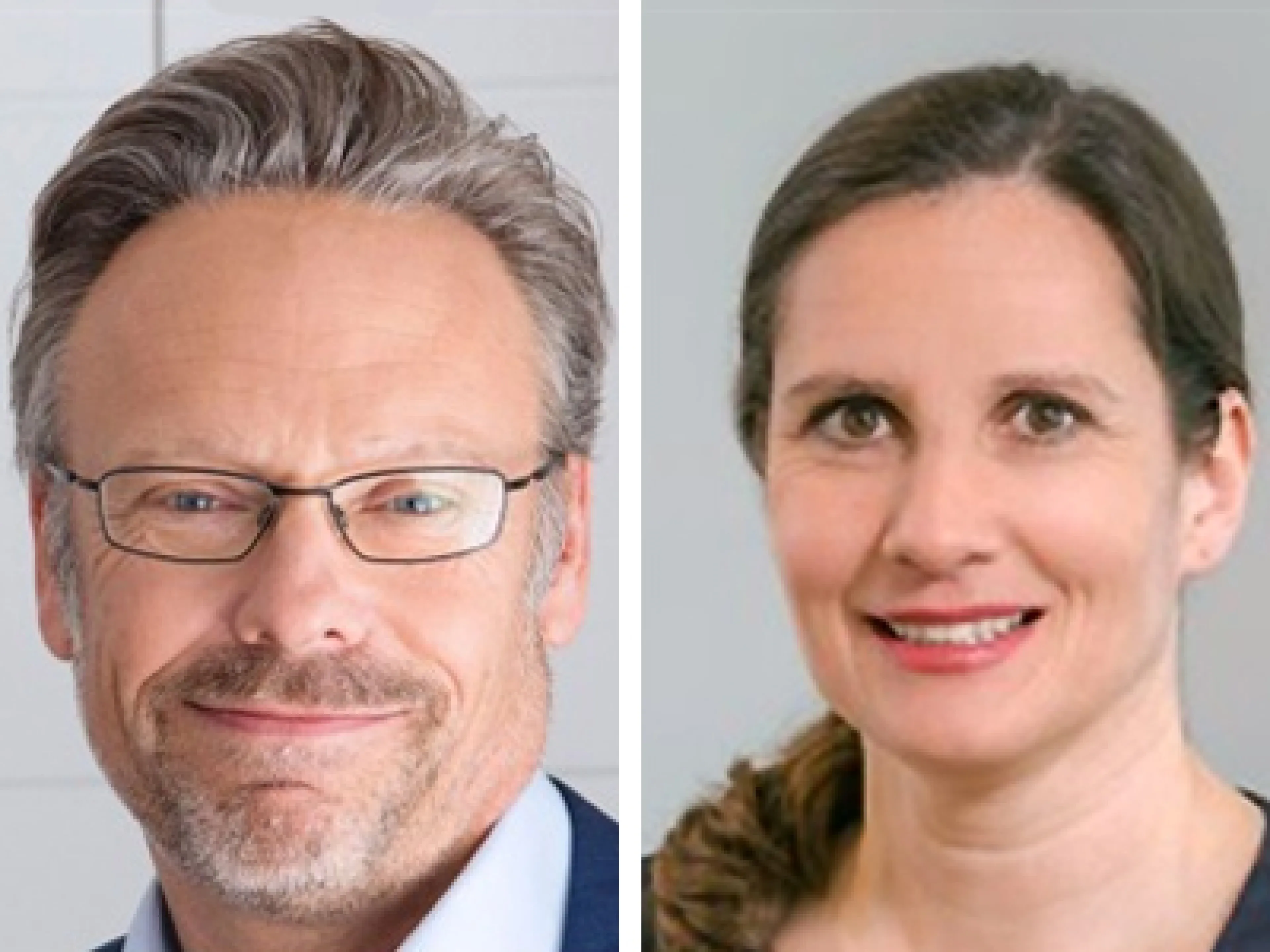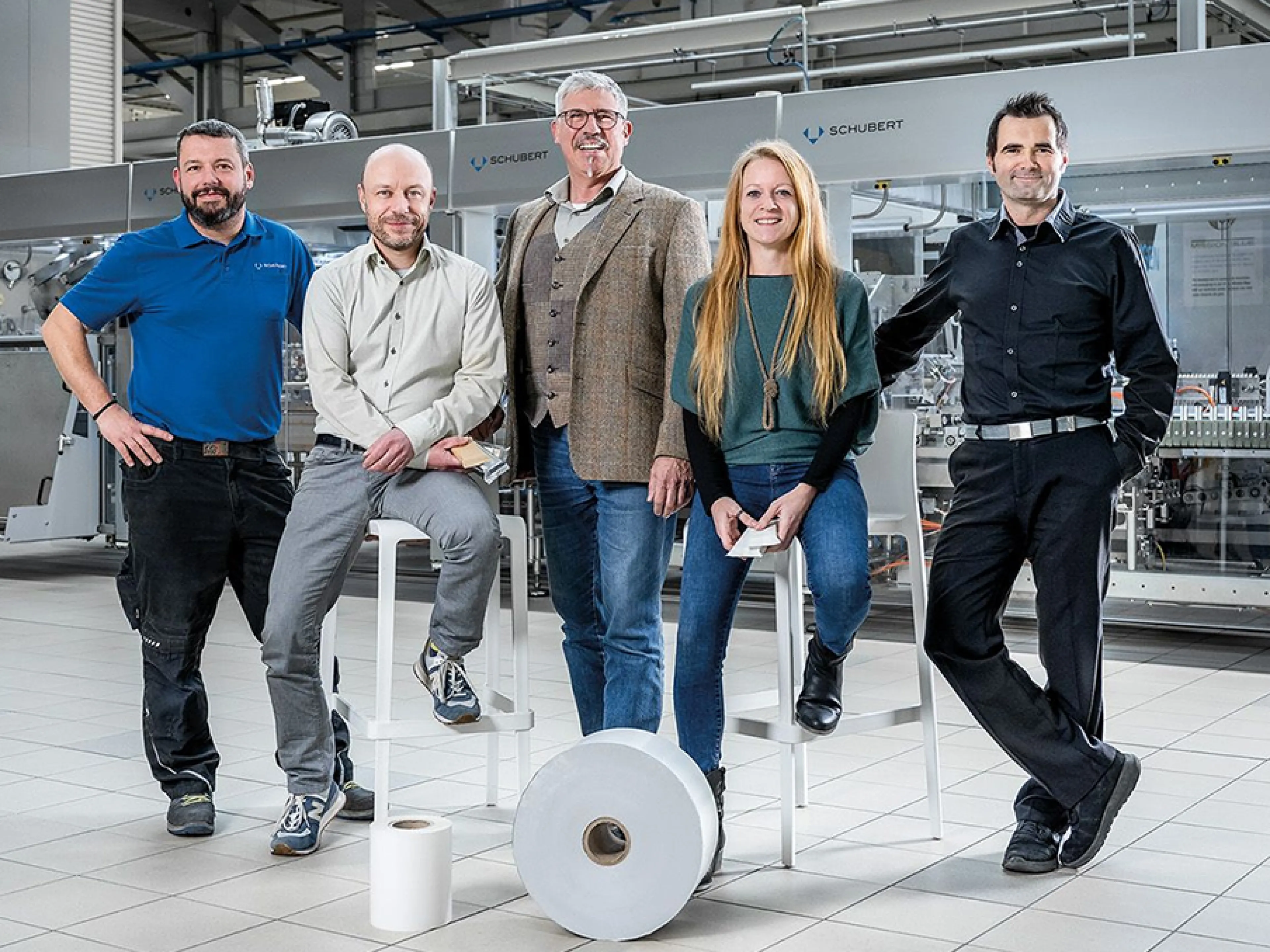
Mura Technology celebrated the commissioning of the world's first Hydro-PRS plant in the UK with a pre-opening at the end of October 2023. Hydro-PRS stands for Hydrothermal Plastic Recycling Solution and is a chemical recycling process. Plastic waste is not incinerated, but simply converted back into crude oil in 30 minutes using pressure, heat and water. This new type of recycling is now being launched on a commercial scale for the first time. The British company is supported by Igus. For both partners, the operation of the special recycling plant is an important step towards an environmentally friendly and resource-saving circular economy for plastics.
Mura Technology's plant in Teesside, England, is scheduled to go into operation in 2024. It uses high-temperature, high-pressure water, known as supercritical water, to convert products such as films, pots and cups made from multi-layer mixed plastics into recycled hydrocarbon raw materials that are as good as new. The resulting raw materials can be used to manufacture new plastics and other products. The plant's capacity is 20,000 tonnes per year and is set to be more than tripled in the future. Previously, such compounds could only be separated by type in mechanical recycling with great effort and therefore usually ended up in incineration.
New type of recycling saves 80 per cent of CO2 emissions
By converting plastic waste back into new substitute raw materials, no crude oil is lost as a valuable fossil raw material. At the same time, independent life cycle analyses carried out by WMG at the University of Warwick show that CO2 emissions are 80 per cent lower than with incineration. Compared to petroleum-based fossil raw materials, Hydro-PRS produces products with the same or lower global warming potential and saves up to around five barrels of oil per tonne of processed plastic waste. Thanks to this technology, the same material can be recycled an unlimited number of times. This means that this process has the potential to significantly reduce single-use plastics and permanently increase the recyclability of materials in the plastics industry. Igus Managing Director Frank Blase. explains that this technology is a real turning point in plastics recycling. He emphasises that Igus is proud to be the first partner to accompany Mura on this journey. He had read about Hydro-PRS in 2019 and was convinced of the future viability of the technology. Igus has now invested five million euros to support Mura from the start-up phase to the commercialisation of the technology.
Igus' declared goal: transforming plastics into a circular economy
As a plastics-producing company, Igus also feels responsible for continuously improving the environmental balance of its materials. Supporting Hydro-PRS technology is just one of many building blocks in this endeavour. Igus uses 99% of the plastic waste from its own production for new granulate for its injection moulding machines. In 2019, the company also launched "Chainge", a digital recycling platform for discarded energy chains and other components made from engineering plastics. The first energy chain made from 100 per cent recycled material was created in 2022. With the Igus Bike project, the company has also developed a plastic bicycle for sustainable urban mobility whose frame and wheels can be made from plastic waste such as old fishing nets. Plastic waste in landfill sites and in the world's oceans is thus converted into a valuable resource.










